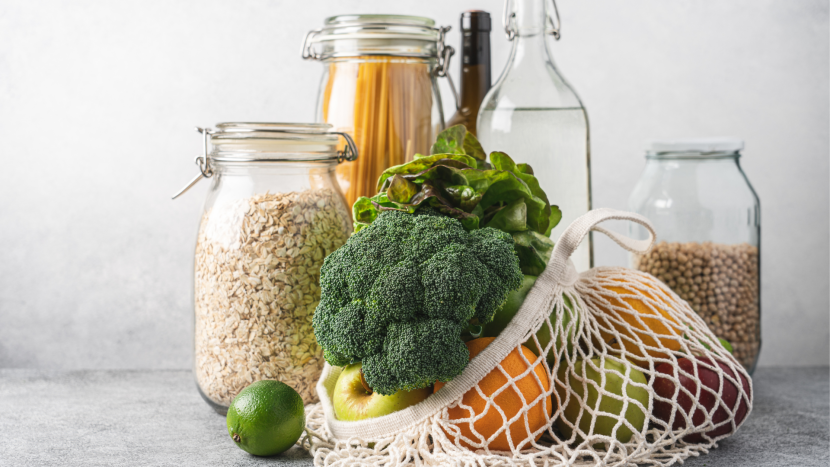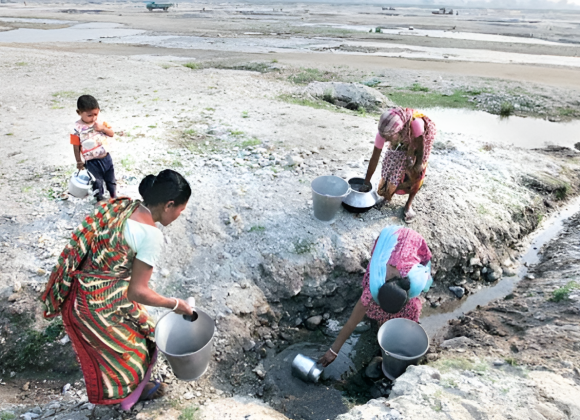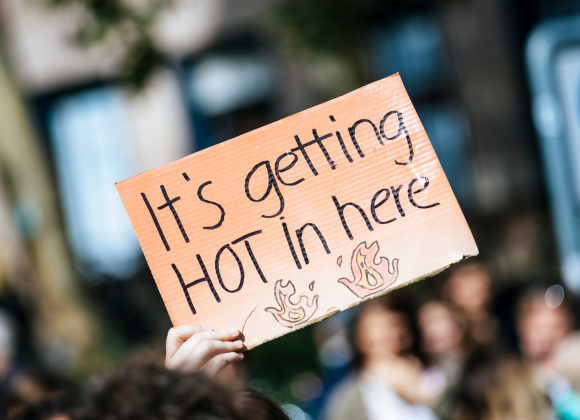Plastic-Free July isn’t just a challenge — it’s a global movement. In 2025, as the world becomes increasingly aware of the environmental toll of plastic pollution, millions are choosing to make more sustainable choices. From microplastics in our oceans to overflowing landfills, the urgency to act has never been clearer. Fortunately, this year brings exciting and innovative plastic-free alternatives that go beyond the basics. Whether you’re a beginner or a seasoned zero-waste advocate, there are smarter, more creative solutions than ever before to help you reduce plastic without sacrificing convenience or style. Ready to make the switch? Let’s explore the best alternatives you can try this July.
Plant-Based Packaging
In 2025, plant-based packaging is transforming the way we store and carry products. Instead of relying on harmful plastic, many brands now use materials derived from seaweed, corn starch, cassava, and even sugarcane. These options are not only biodegradable but often compostable — meaning they break down naturally without leaving behind microplastics. Companies like Notpla and Loliware are leading the way with edible or water-soluble wraps, sachets, and containers that are safe for the environment. Switching to plant-based packaging is one of the easiest and most innovative steps you can take this Plastic-Free July.
Refillable & Zero-Waste Stores
Refillable and zero-waste shopping is one of the most effective ways to cut out plastic entirely. In 2025, more local stores and online platforms offer household essentials — from cleaning products to personal care items — in reusable or returnable packaging. Apps and services like Loop, Zero Co, and neighborhood refill stations make it easy to top up everything from shampoo to spices without single-use plastic. Many stores also encourage customers to bring their own containers, creating a truly circular, waste-free system. This Plastic-Free July, explore refill options near you or sign up for a zero-waste delivery service to make sustainable shopping part of your routine.
Edible & Water-Soluble Alternatives
Imagine packaging you don’t throw away — you consume it or watch it dissolve! In 2025, edible and water-soluble alternatives are gaining popularity as fun, eco-friendly solutions. Companies are creating edible cutlery, cups, straws, and water pods that break down safely or can even be eaten. Brands like Loliware and Ooho are making waves with products that minimize waste at festivals, picnics, and takeaways. These alternatives eliminate plastic at the source and offer a unique way to enjoy convenience without pollution. This Plastic-Free July, give these innovative options a try at your next event or gathering!
Silicone & Beeswax Reusables
Say goodbye to cling film and zip-lock bags! In 2025, beeswax wraps and food-grade silicone lids, pouches, and bags are must-have plastic-free swaps for your kitchen. Beeswax wraps mold around food and containers with the warmth of your hands, keeping food fresh without waste. Silicone alternatives are durable, heat-resistant, and perfect for storing leftovers, packing lunches, or freezing food. Both options are washable and reusable for months or even years — making them smart, sustainable choices for anyone aiming to cut plastic waste this Plastic-Free July.
Bamboo & Metal Everyday Items
In 2025, switching to bamboo and metal alternatives is one of the easiest ways to reduce daily plastic use. Bamboo toothbrushes, combs, cutlery, and razors are lightweight, biodegradable, and stylish. Metal straws, water bottles, lunch boxes, and safety razors offer durability and can last for years, helping you avoid countless plastic disposables. These items don’t just cut waste — they also add a touch of elegance and sustainability to your daily routine. This Plastic-Free July, consider replacing plastic essentials with bamboo and stainless steel alternatives for long-lasting impact.
Final Thoughts
Plastic-Free July 2025 is more than just a month-long challenge — it’s a powerful reminder that small changes can lead to big impact. By embracing innovative alternatives like plant-based packaging, refillable products, and reusable essentials, we can each play a part in reducing plastic pollution. The options today are not only better for the environment, but they’re also practical, stylish, and accessible. Whether you start with one swap or go all in, every choice counts. Let this July be the beginning of a lasting commitment to a cleaner, greener future.




